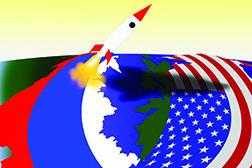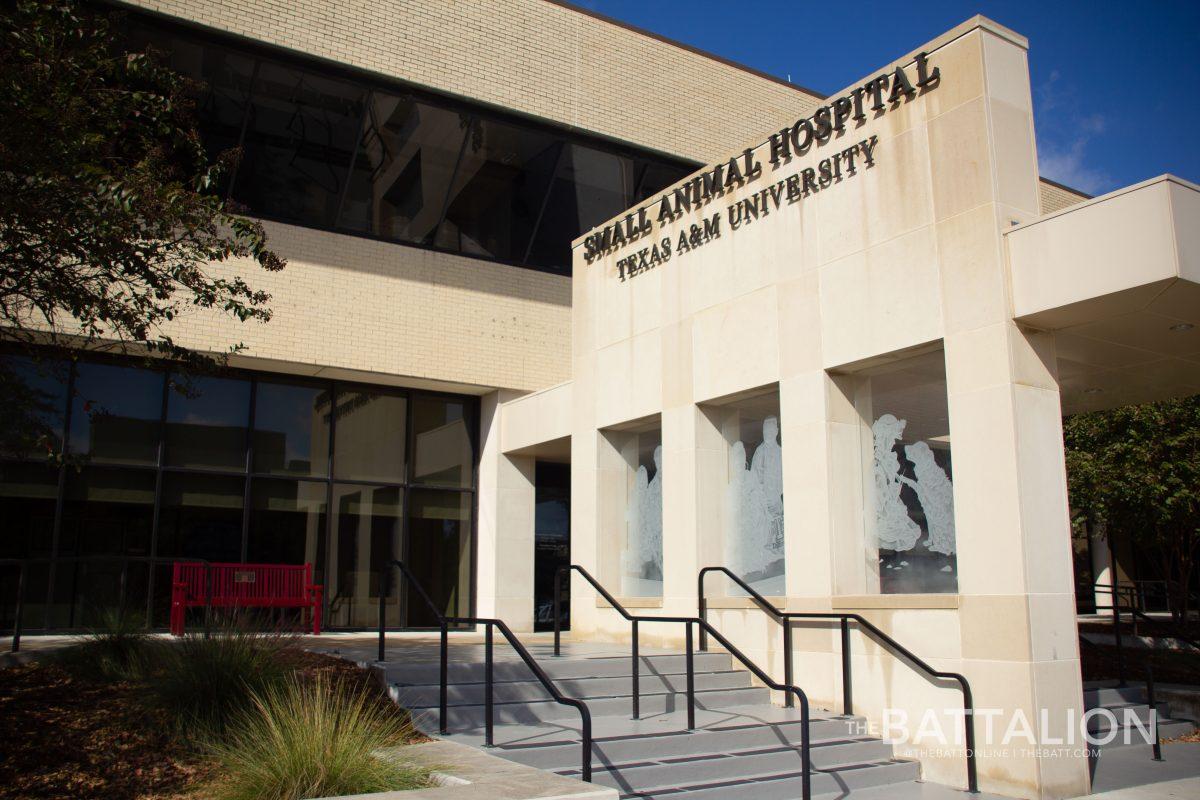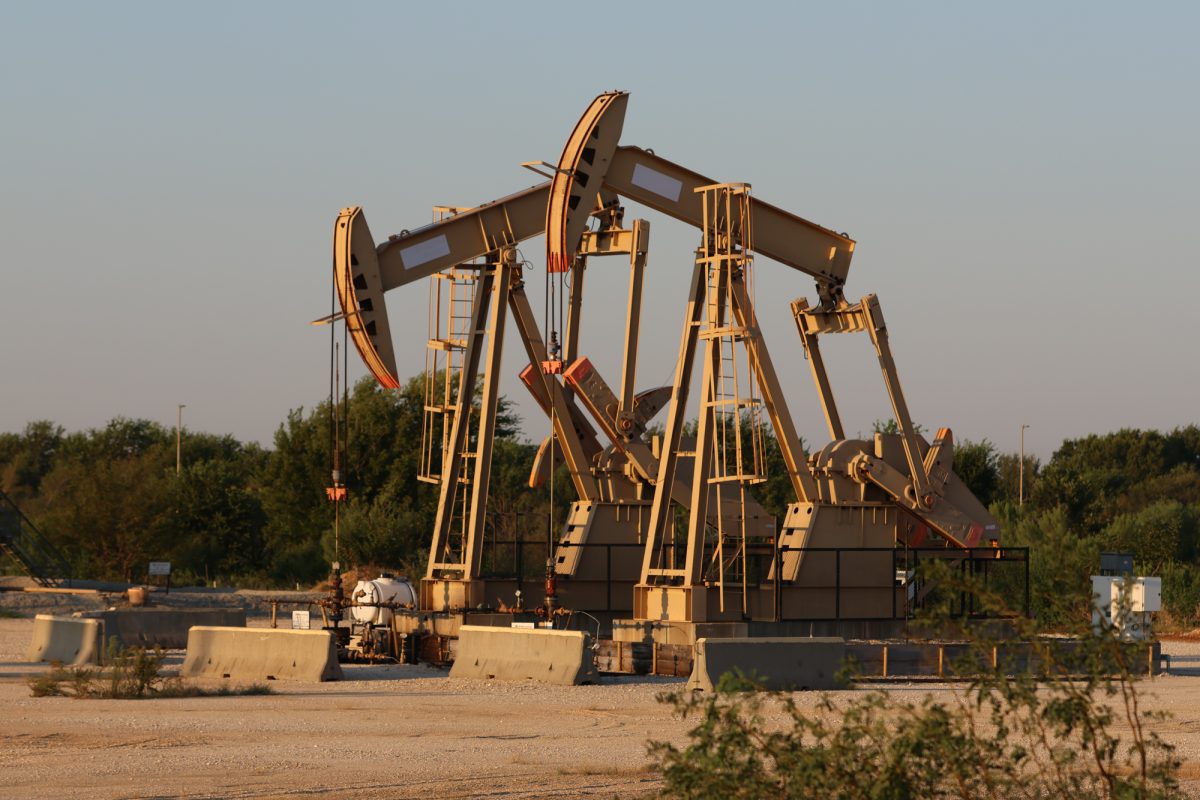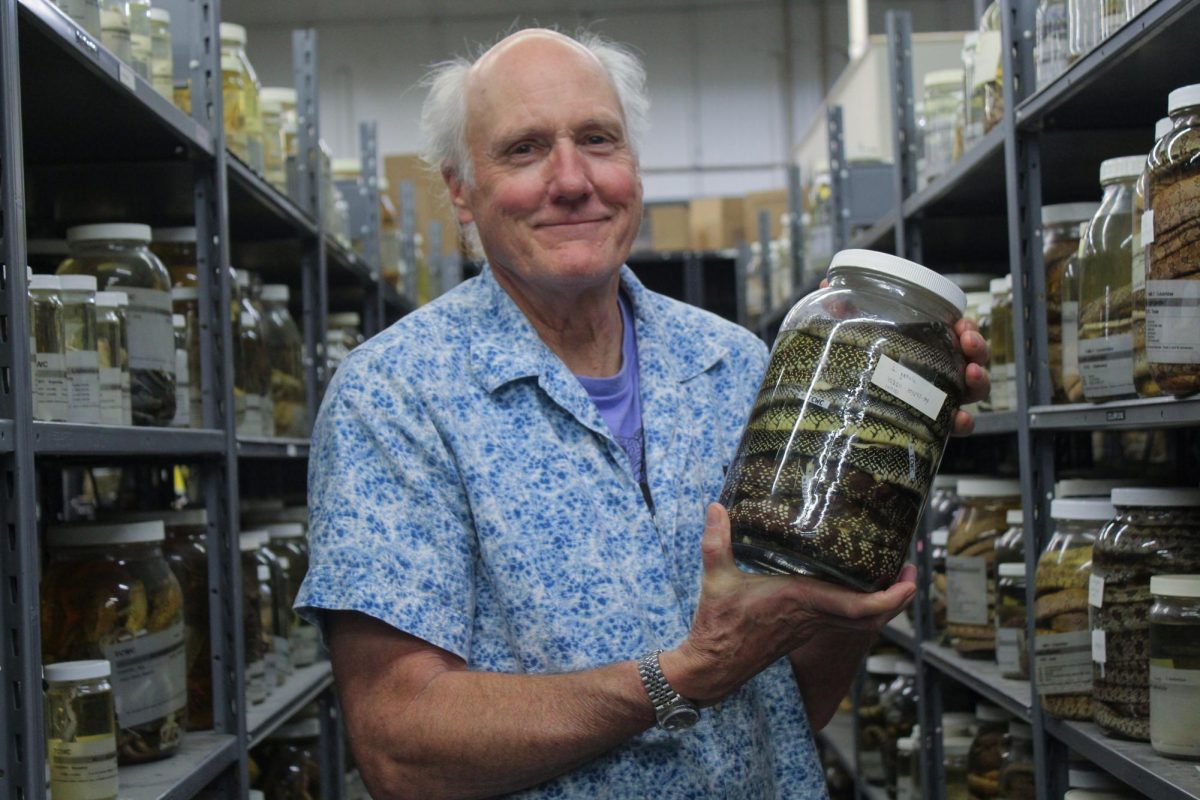While the American space program awaits the ability to enter space on its own accord, the United States and Russia have created a lasting relationship to further their mutual space interests.
The U.S. has relied on Russia to ferry American astronauts into space since the space shuttle fleet retired in 2011. This dependence, coupled with the international effort to build and maintain the International Space Station has created an unlikely partnership between two nations often at odds with each other over terrestrial issues.
Charles Hermann, professor of international affairs, said America’s dependency on Russia could have negative consequences when the two clash on foreign policy. He used the crisis in Ukraine as an example where international tensions could threaten the American-Russian space relationship.
“Obviously our relations with Russia are difficult and that dependency gives Russia a potential means of holding us hostage in some sense,” Hermann said. “If we take actions against them or toward their actions in the Ukraine, they can retaliate by denying to provide us with the necessary lengths for shuttling personnel back and forth from the space station.”
Gregory Chamitoff, former astronaut and aerospace professor of engineering practice, said fallout between the two nations would be unfortunate after the good relationship U.S. and Russia have had thus far.
“It’s kind of scary that current politics could threaten that because it’s been a very, very good relationship all that time and we hope it will be a model for future relationships,” Chamitoff said. “Not just U.S. and Russia, but all the countries.”
However, Chamitoff said any issue would have to be one of great significance to convince a country to walk away from the International Space Station, ISS, and its $100-billion investment by 15 countries in the equation.
“I can’t imagine a scenario where all of a sudden the Russian control center is not talking to the U.S. control center,” Chamitoff said.
Hermann said China would be the only other partner capable of supplying manned spaceflight support similar to the Russians if the relationship turned sour.
“Other than the Russians, China is the only other option, in the sense of having the capability to send vehicles into space with human passengers,” Hermann said. “They are in the early stages of that, but they have been making definite headway.”
Although the United States relies on Russia to get U.S. astronauts into low Earth orbit, the two countries share responsibility for managing international space operations. Fifteen countries have a hand in operating the International Space Station — a collaboration that rises above terrestrial conflicts to keep the orbiting outpost functional.
“There are huge dependencies. For example, normally the U.S. side does attitude control with gyros from [mission control] to space station and the Russians have our thrusters for any big maneuvers,” Chamitoff said.
Chamitoff said the U.S. has the control panel to provide power to the Russian side as well as the oxygen supply.
“There are 15 countries involved in the space station, but the primary partners are the U.S. and Russia,” Chamitoff said. “There are literally points on the space station where you cross over to the Russian side.”
The United States and Russia have to cooperate with each other on the ground, too. Chamitoff said a whole section of Russia’s control center belongs to the U.S., and people in the U.S. work for Russia — a joint management of the ISS that is a big fraction of the space program.
Armin Raeis-Hosseiny, industrial engineering graduate student and publicity director of Students for the Exploration and Development of Space, said he sees promise in the future for U.S. space exploration because of America’s shift toward private space technology.
“With recent Space-X and Boeing contracts, from 2017 NASA won’t rely solely on Russia and we are going to have local companies providing space exploration opportunities to people of different nations,” Raeis-Hosseiny said. “These local companies are trying to reduce and cut our reliance on Russians which would be greatly supported by congress for political reasons.”
Since 2000 there have always been U.S. astronauts in space, and Chamitoff said the nation wants to continue that pattern.
“If we’re lucky there will never be a time in the future after the year 2000 where we don’t have people always living off the planet,” Chamitoff said. “It’s kind of the mark of a new era where people live not only on Earth.”
The U.S. has relied on Russia to bring astronauts into space since the shuttle fleet retired in 2011.
Graphic by Frederica Shih
International Space Station unites US and Russia
October 1, 2014

0
Donate to The Battalion
$2790
$5000
Contributed
Our Goal
Your donation will support the student journalists of Texas A&M University - College Station. Your contribution will allow us to purchase equipment and cover our annual website hosting costs, in addition to paying freelance staffers for their work, travel costs for coverage and more!
More to Discover









